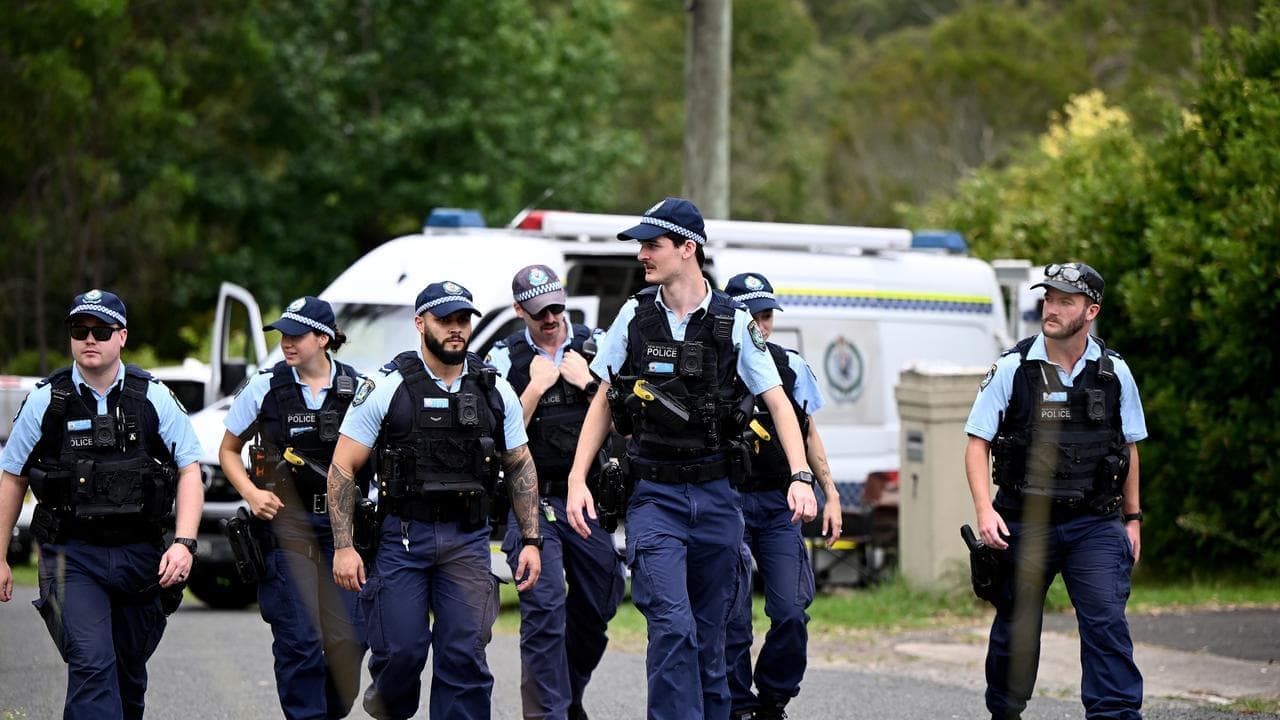The Statement
A social media post warns that rising from bed too quickly during the night could prove fatal.
The May 10 Facebook post, from a Fijian account, features a meme with the heading, "Avoid sudden death at night, doctor gives advice." The text warns people who get out of bed at night to wait three and a half minutes before rising, otherwise their "ecg pattern can change" and their "brain will be anemic", resulting in "heart failure for lacking of blood".
The post also provides instructions to avoid this outcome, stating: "When you wake up, stay in bed for a minute and a half"; "sit on the bed for a further half-minute"; and "lower your legs and sit on the edge of the bed for half a minute".
The post goes on to say that "after three and a half minutes, your brain will no longer be anemic and your heart will not be weaken (sic), which will reduce the risk of failing and sudden death".
At the time of writing, the post had been viewed more than 18,000 times. A version of the meme dates back to July 2019, while other examples can be viewed here and here.

The Analysis
There is no evidence of an increased risk of "sudden death" by rising too quickly from sleep, according to medical experts. Cardiologists also confirmed that taking three and a half minutes to get up is an arbitrary instruction that is not based on medical evidence.
Isuru Ranasinghe, a senior cardiologist and associate professor with the Department of Cardiology at Brisbane's Prince Charles Hospital told AAP FactCheck that rising too quickly did not lead to ECG changes, as claimed in the post. An electrocardiogaph (ECG) measures the electrical activity of the heart, while an uneven heartbeat is known as heart arrhythmia.
In an email, Dr Ranasinghe said some people can experience low blood pressure when they sit up suddenly from bed or a chair, a condition known as postural - or orthostatic - hypotension.
"When severe, this can result in dizziness, transient loss of consciousness and falls resulting in injury," he said. This condition, exacerbated by low blood pressure, is considered most dangerous for the elderly, who are more likely to experience serious injuries if they fall.
According to the Australian government's Health Direct website, symptoms of hypotension, like light-headedness, dizziness and fainting, can occur when people are doing nothing.
"They are more likely to occur when changing position, such as standing up or when straining on the toilet," it says.
There is a medical condition called sudden cardiac death (SCD), which refers to a sudden and often unexplained lack of heart activity, but what is described in the post isn't SCD, Dr Ranasinghe added.
"Rising too quickly at night does not cause sudden cardiac death or cause a change in the ECG pattern," he said.
Martin Ugander, a professor of cardiac imaging at the University of Sydney, also told AAP FactCheck the condition described in the meme had nothing to do with the risk of sudden cardiac death. He said the post described a drop in blood pressure.
"'Brain anaemia' is basically the brain not getting enough blood because the blood pressure doesn't catch up quick enough," Prof Ugander said in an email.
"That's not necessarily anything particular to the time of day. Going from reclined to standing quickly in some people - and it's very, very common - you get a little bit lightheaded and you can, in extreme circumstances, faint because you've stood up too quickly."
Prof Ugander said orthostatic hypotension was more common in older people, particularly if they were on medication to lower blood pressure, or medication that lowered blood pressure indirectly.
"The recommendation is to take a nice, slow sit-up and then wait a second or two. Let's say 30 seconds - three-and-a-half minutes is a random number," he said.
Separate to the post's claims, Dr Ranasinghe added that there is a well-described phenomenon in patients with established coronary artery disease experiencing chest pain at night - a condition referred to as nocturnal angina.
"These patients typically get angina (heart pain) which wakes them up at night, although these patients don't necessarily have a higher risk of sudden cardiac death than other patients with coronary artery disease (but without nocturnal angina)," he said.
Similar posts on sudden death at night have been debunked several times previously, see examples here, here and here.

The Verdict
The Facebook meme falsely claims that rising too quickly from bed at night can cause heart failure due to a lack of oxygen in the brain.
Cardiologists told AAP FactCheck the condition described in the post is orthostatic hypotension, which can cause people to feel dizzy and potentially fall - but is not considered fatal and is unrelated to the phenomenon of sudden cardiac death or heart failure.
False - Content that has no basis in fact.
AAP FactCheck is an accredited member of the International Fact-Checking Network. To keep up with our latest fact checks, follow us on Facebook and Twitter.












